Rubio and Lavrov discuss steps to restore US-Russia ties
- Update Time : Monday, March 17, 2025
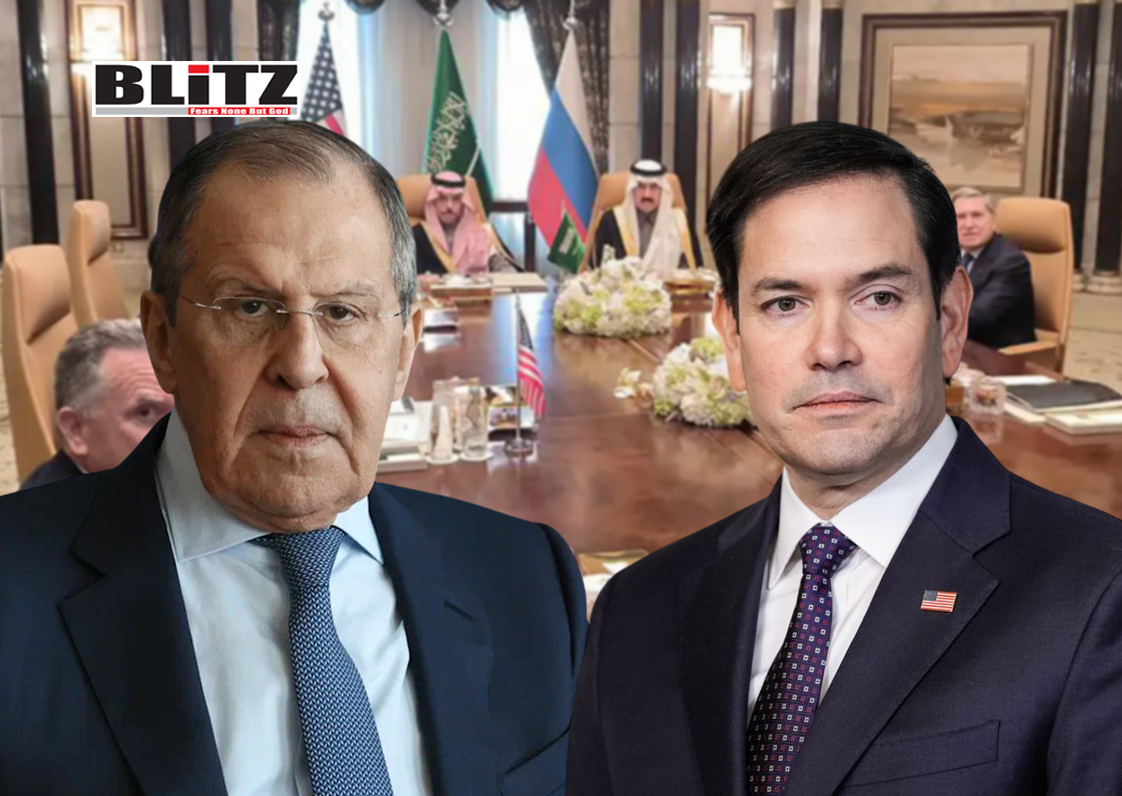
Amid a surprising thaw in diplomatic relations following years of heightened tensions over the Ukraine conflict, US Secretary of State Marco Rubio and Russian Foreign Minister Sergey Lavrov engaged in a pivotal phone conversation on March 15. The discussion marks a significant step in ongoing efforts to restore bilateral relations and advance negotiations for a ceasefire in Ukraine.
According to a statement from the US State Department, Rubio and Lavrov focused on reestablishing direct communication channels between Washington and Moscow, a crucial step in de-escalating longstanding tensions. The dialogue follows high-level meetings in Saudi Arabia on February 18, where both nations agreed to assign teams to work on resolving the Ukraine conflict, reinstate embassy operations, and tackle other key issues in bilateral relations.
“The Secretary of State Marco Rubio spoke today with Russian Foreign Minister Sergey Lavrov. [They] discussed next steps to follow up on recent meetings in Saudi Arabia and agreed to continue working towards restoring communication between the United States and Russia,” the US State Department announced.
This statement reflects a shift in US-Russia relations, which had been largely frozen since the Ukraine conflict escalated in 2022. Diplomatic communication between the two nuclear-armed powers has been minimal in recent years, with sporadic, indirect talks largely focused on prisoner exchanges and emergency military deconfliction. However, the latest developments suggest that both nations are willing to explore broader diplomatic engagement.
The February 18 meeting in Saudi Arabia was a turning point in US-Russia relations, serving as a rare venue for direct negotiations. Saudi officials have positioned themselves as neutral mediators, hosting discussions between Washington and Moscow that focused on immediate conflict resolution strategies. The decision to engage through Saudi Arabia, rather than through European intermediaries, may signal a shift in the geopolitical landscape, with Gulf nations playing an increasingly prominent role in global diplomacy.
As part of the Saudi-mediated negotiations, discussions have continued in Istanbul, focusing on logistical and diplomatic concerns. One major point of contention has been Moscow’s request to reinstate direct flights between Russia and the US, a measure that could serve as both a practical and symbolic step towards normalizing relations. Additional issues include diplomatic funding and the restoration of full embassy functions, which had been severely curtailed due to sanctions and reciprocal diplomatic expulsions.
Beyond the Ukraine ceasefire talks, the phone conversation also covered broader security issues, including US military strikes against Houthi militants in Yemen. According to US officials, Rubio informed Lavrov that continued Houthi attacks in the Red Sea “will not be tolerated.”
US President Donald Trump reinforced this position, announcing via Truth Social on March 15 that the US had taken military action against the Houthis due to their “unrelenting campaign of piracy, violence, and terrorism against American and other ships, aircraft, and drones.”
While the conflict in Yemen is not directly related to US-Russia tensions, the inclusion of this topic in the Rubio-Lavrov call underscores Washington’s broader security concerns and its attempt to gauge Moscow’s stance on key regional conflicts.
A major breakthrough in the negotiations appears to be a tentative 30-day ceasefire agreement between Kiev and Moscow. Following discussions with US officials in Saudi Arabia on March 11, Ukrainian officials reportedly agreed to the short-term ceasefire, paving the way for further negotiations.
Trump’s special envoy, Steve Witkoff, arrived in Moscow on March 15 to personally present Russian President Vladimir Putin with the details of the ceasefire proposal. While specifics of the meeting remain undisclosed, Putin has reportedly welcomed the ceasefire in principle but insists on resolving key issues before its implementation. One of the most pressing concerns is the fate of Ukrainian forces currently encircled in Russia’s Kursk Region.
Trump hinted at progress, stating that the White House had received “some pretty good news” regarding the ceasefire efforts and that US-Russia meetings over the past several days have been “very productive.” If implemented, the ceasefire could mark the most significant de-escalation of the war since Russia’s full-scale invasion in 2022.
Despite the seemingly positive developments, skepticism remains on multiple fronts. Critics argue that previous ceasefires in Ukraine have often been short-lived, with violations occurring almost immediately after agreements were reached. Additionally, the involvement of the US in brokering talks raises questions about Washington’s true commitment to de-escalation, given its continued military support for Ukraine.
On the Russian side, there is wariness over whether the US is genuinely interested in a diplomatic solution or merely seeking a temporary pause in hostilities to rearm Ukrainian forces. The Kremlin has consistently demanded security guarantees, including Ukraine’s neutrality and the lifting of certain Western sanctions, as preconditions for a long-term resolution.
If the ceasefire moves forward and diplomatic relations between Washington and Moscow continue to improve, it could mark a significant shift in the geopolitical landscape. While the US and Russia remain deeply opposed on many issues, the current thaw suggests that both sides recognize the necessity of direct dialogue.
However, a full restoration of US-Russia relations is still a long way off. The two nations remain divided on NATO expansion, energy security, and broader military posturing in Eastern Europe. Additionally, Trump’s administration faces political opposition domestically, where any engagement with Russia is met with scrutiny from both the Democratic Party and elements within the Republican Party.
As negotiations continue, the world will be watching closely to see whether these recent talks represent a genuine breakthrough or merely another fleeting attempt at diplomacy. The upcoming meetings in Saudi Arabia and Istanbul will be critical in determining whether a sustainable peace process can be achieved or if US-Russia relations will return to a state of deep-seated hostility.


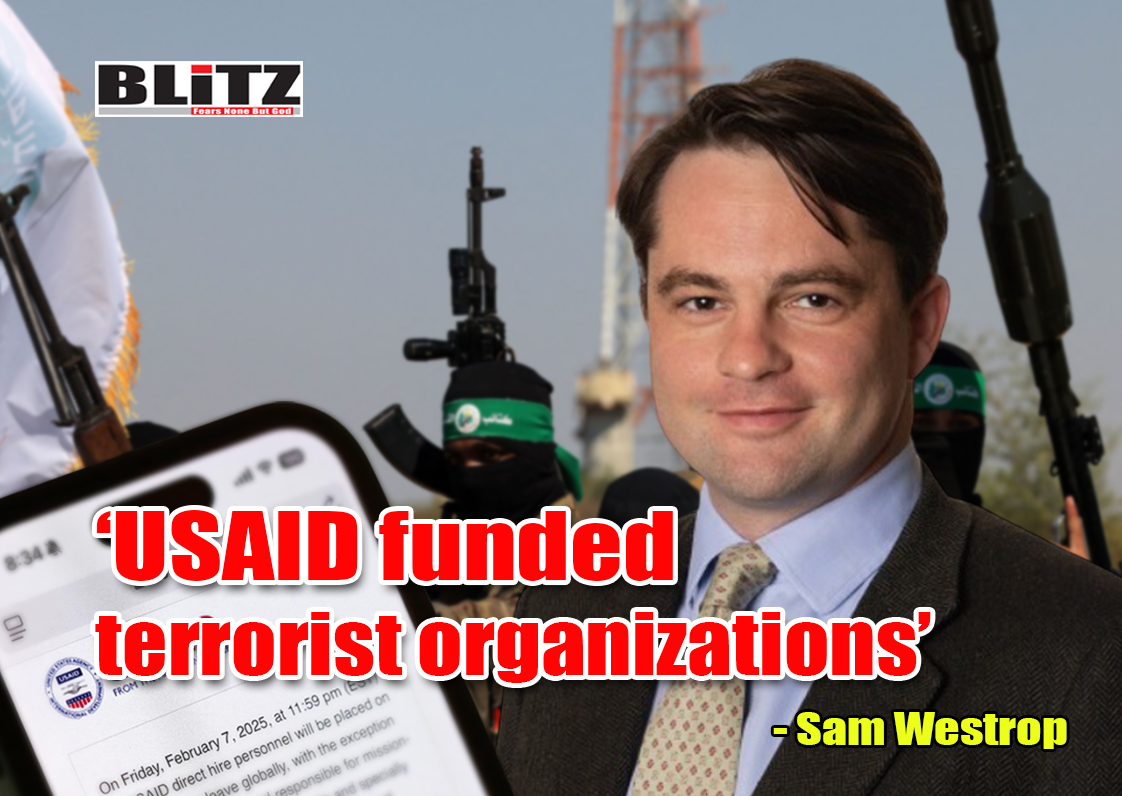
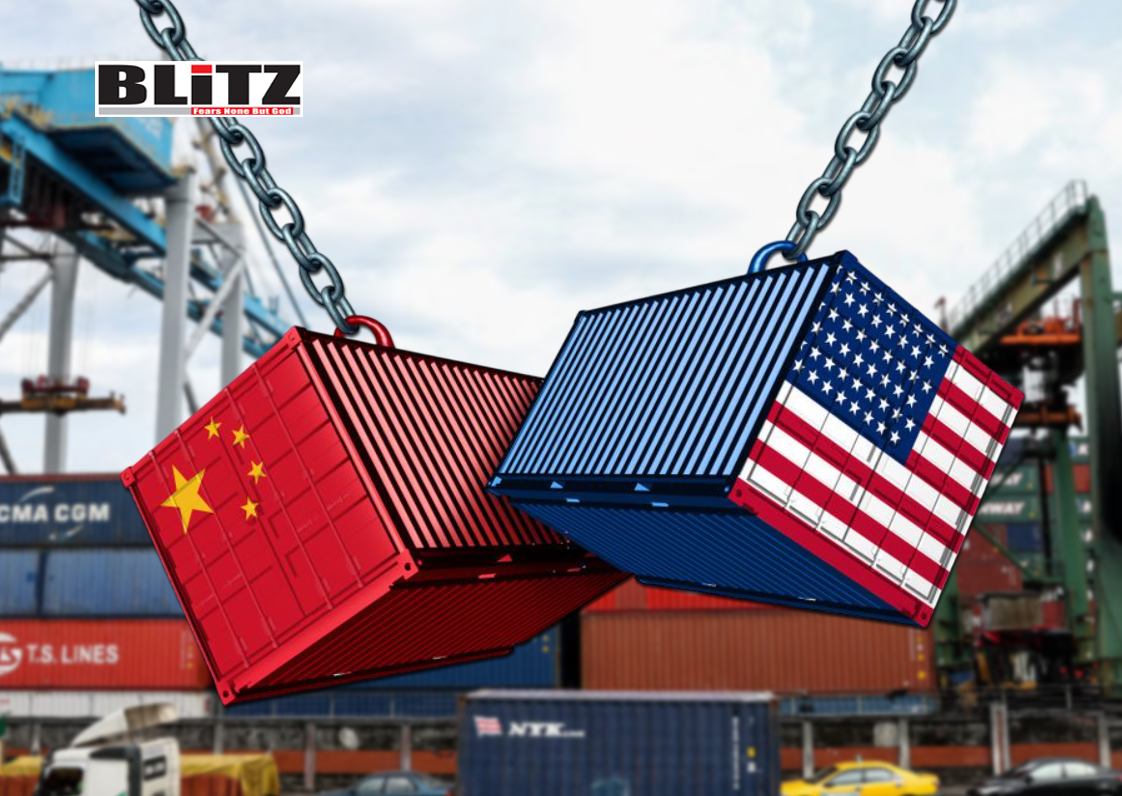
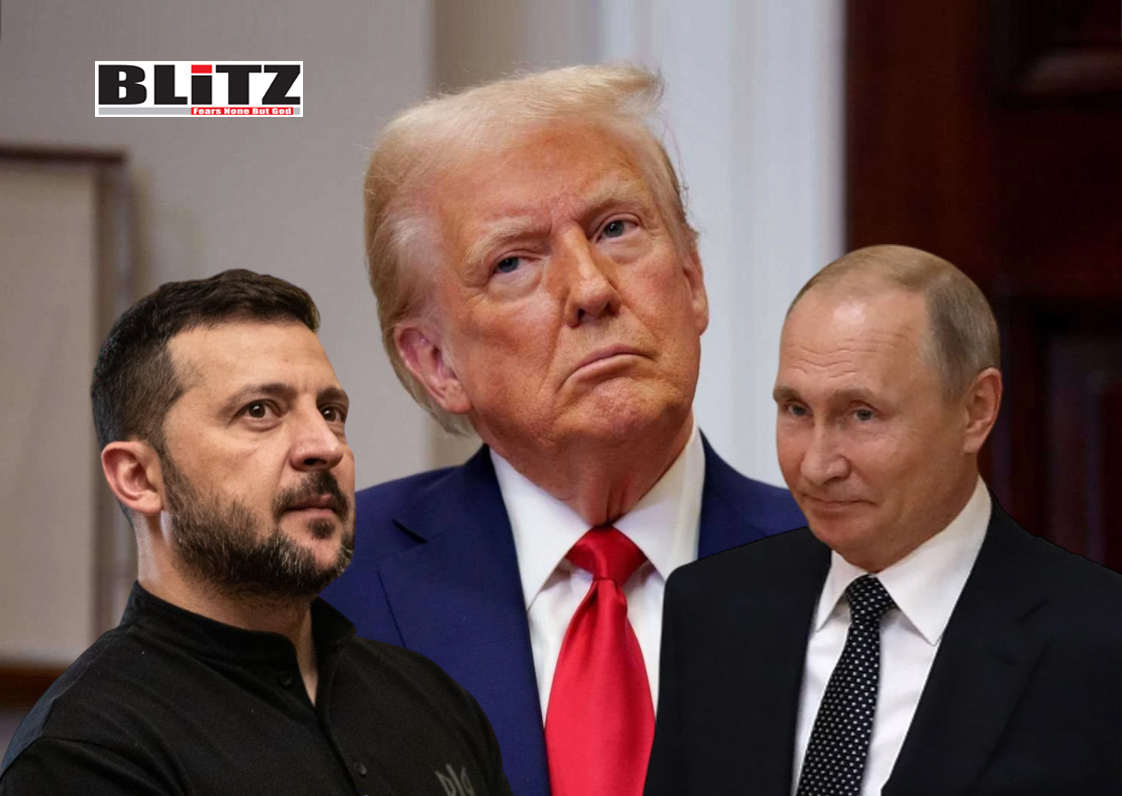
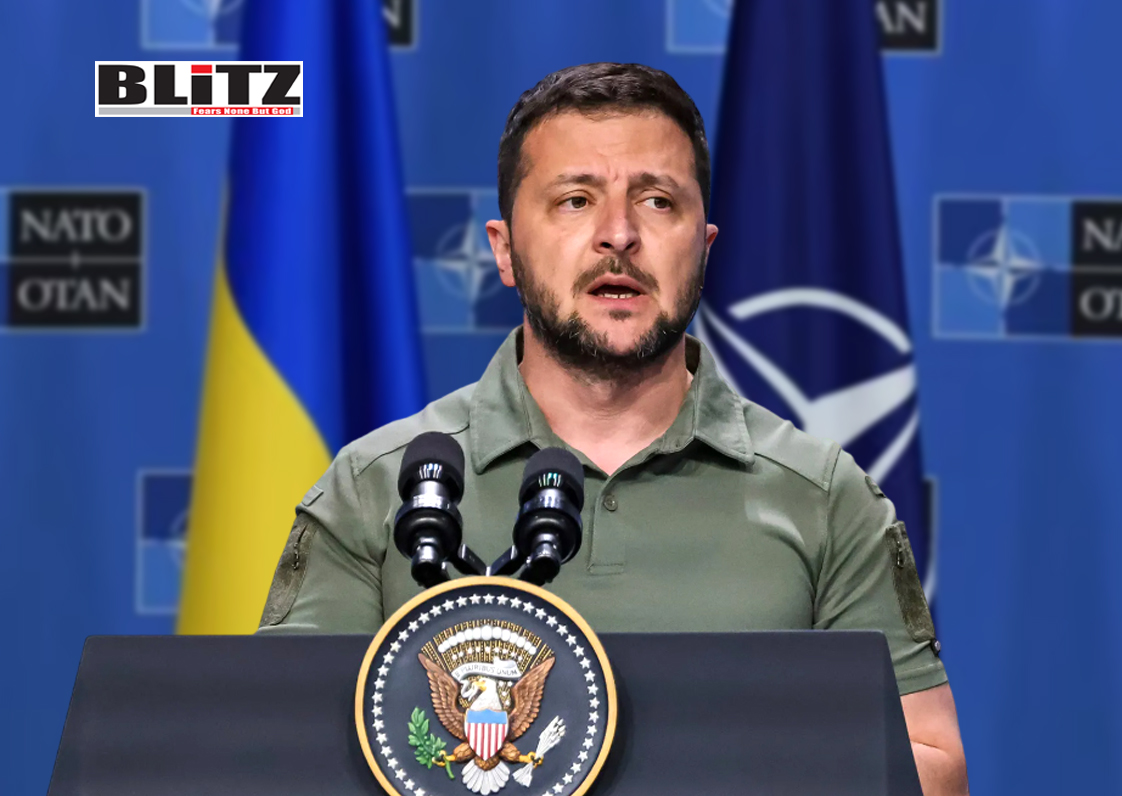
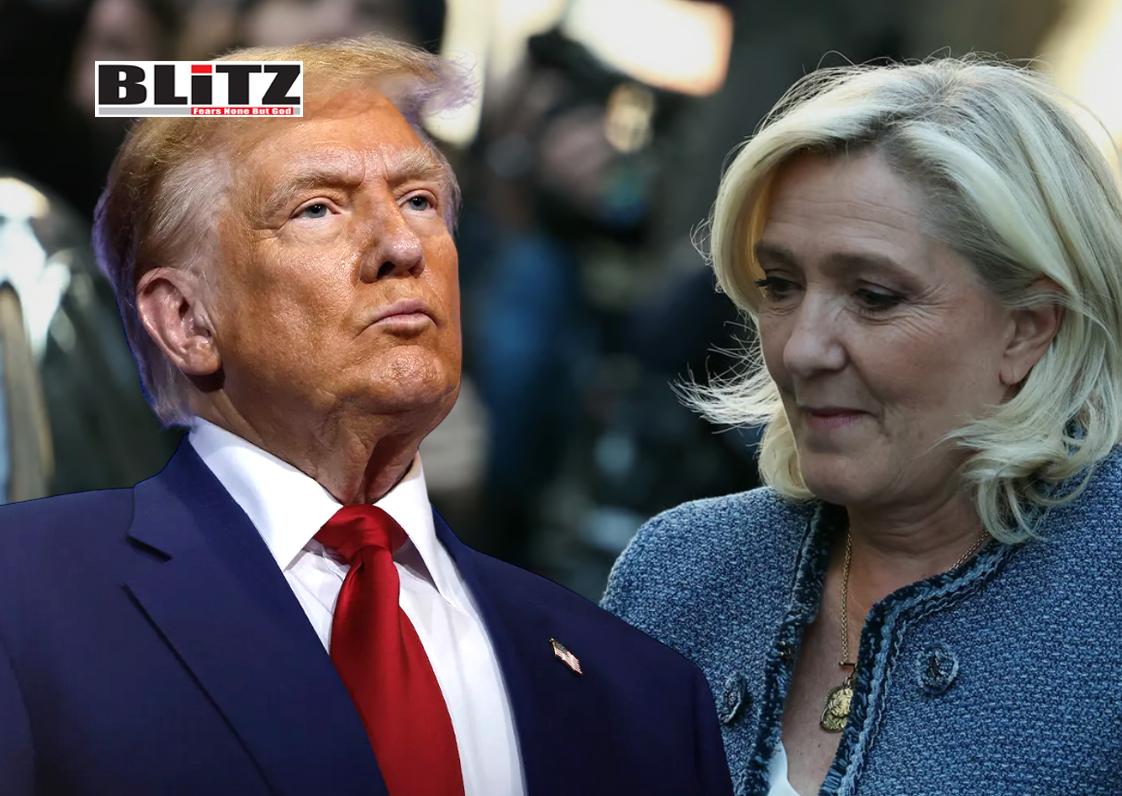
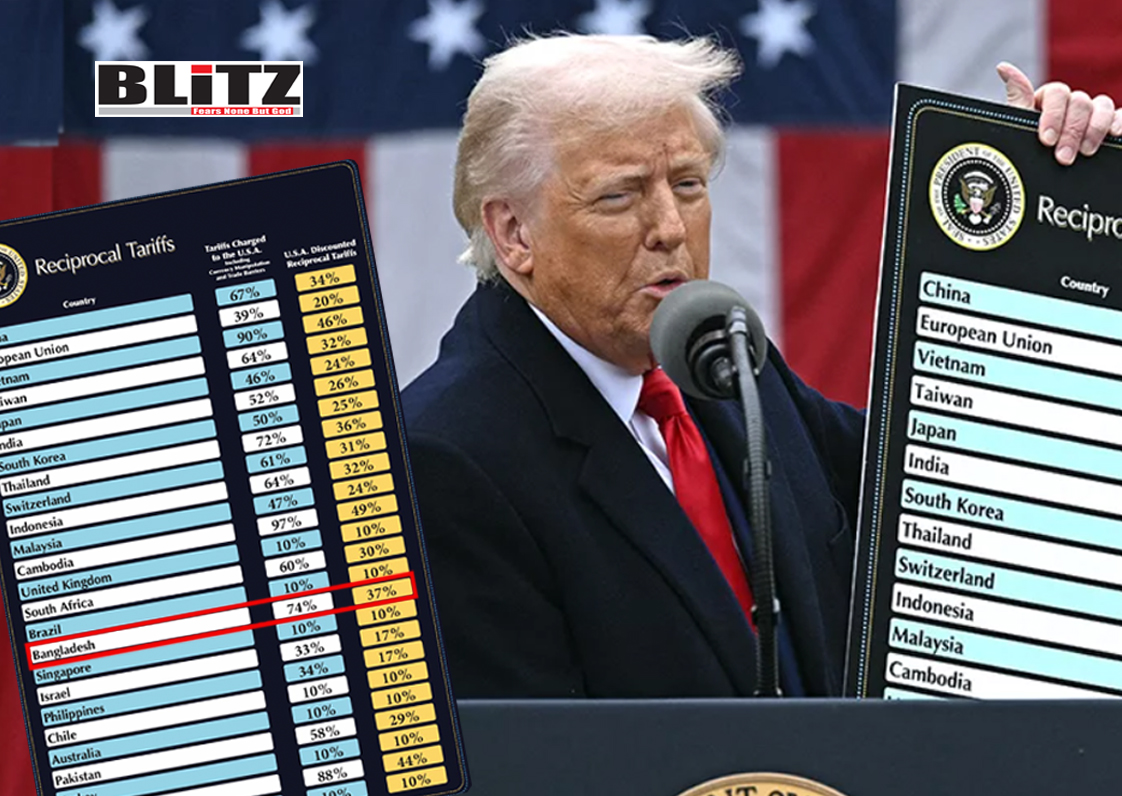
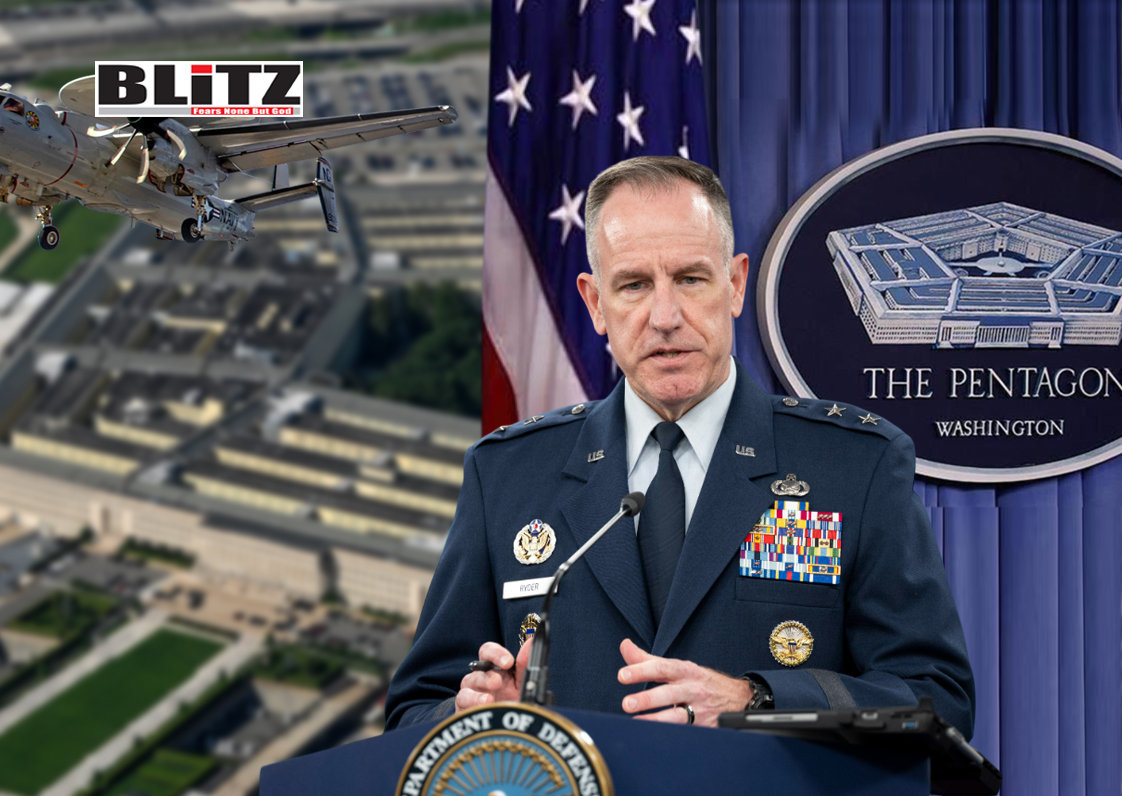
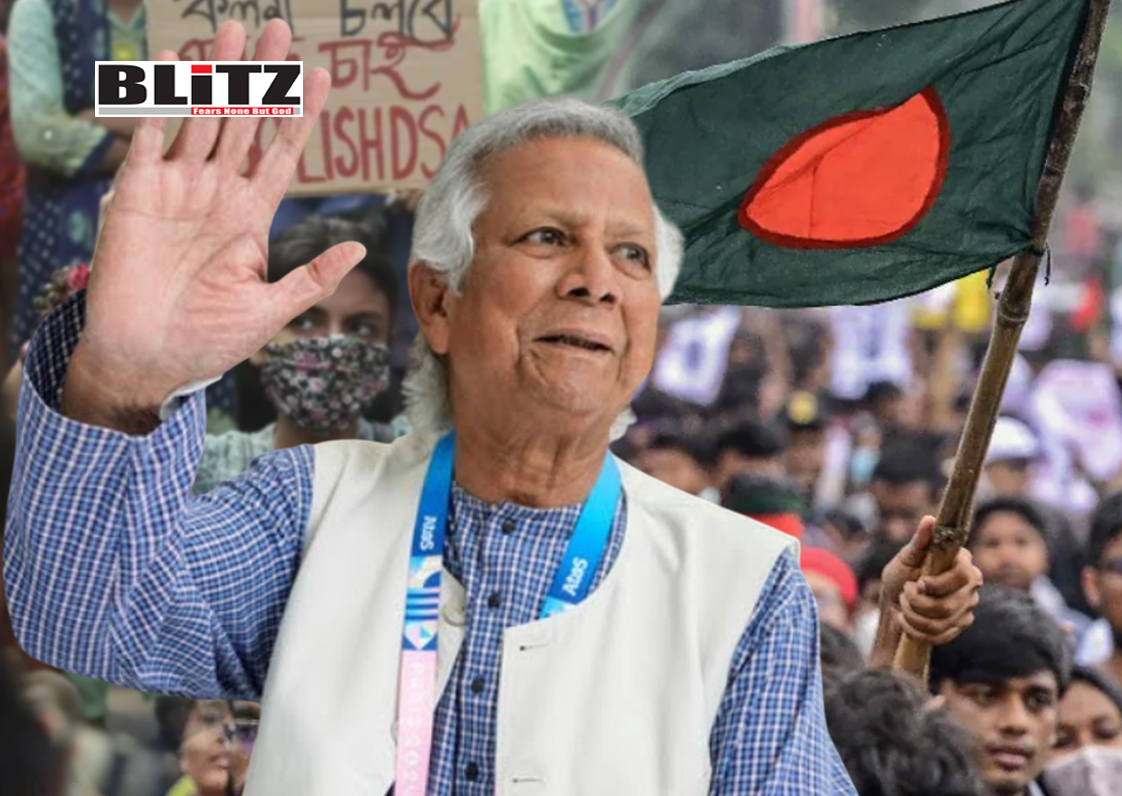

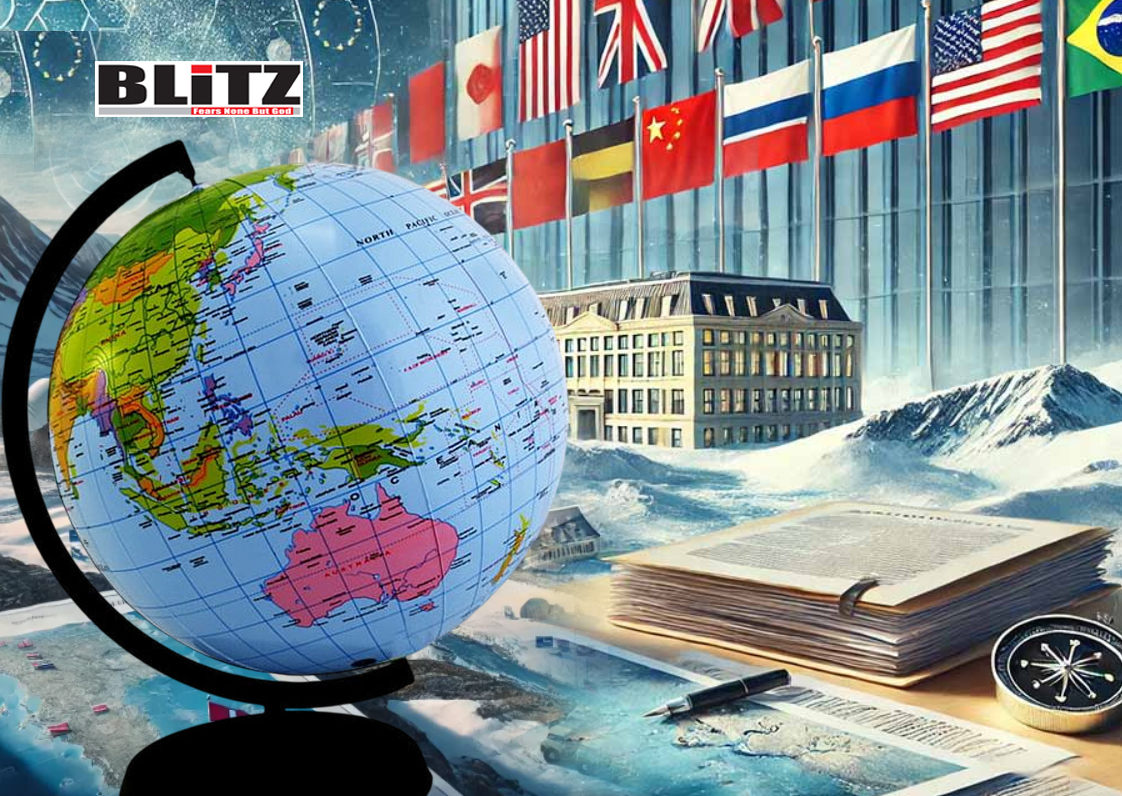
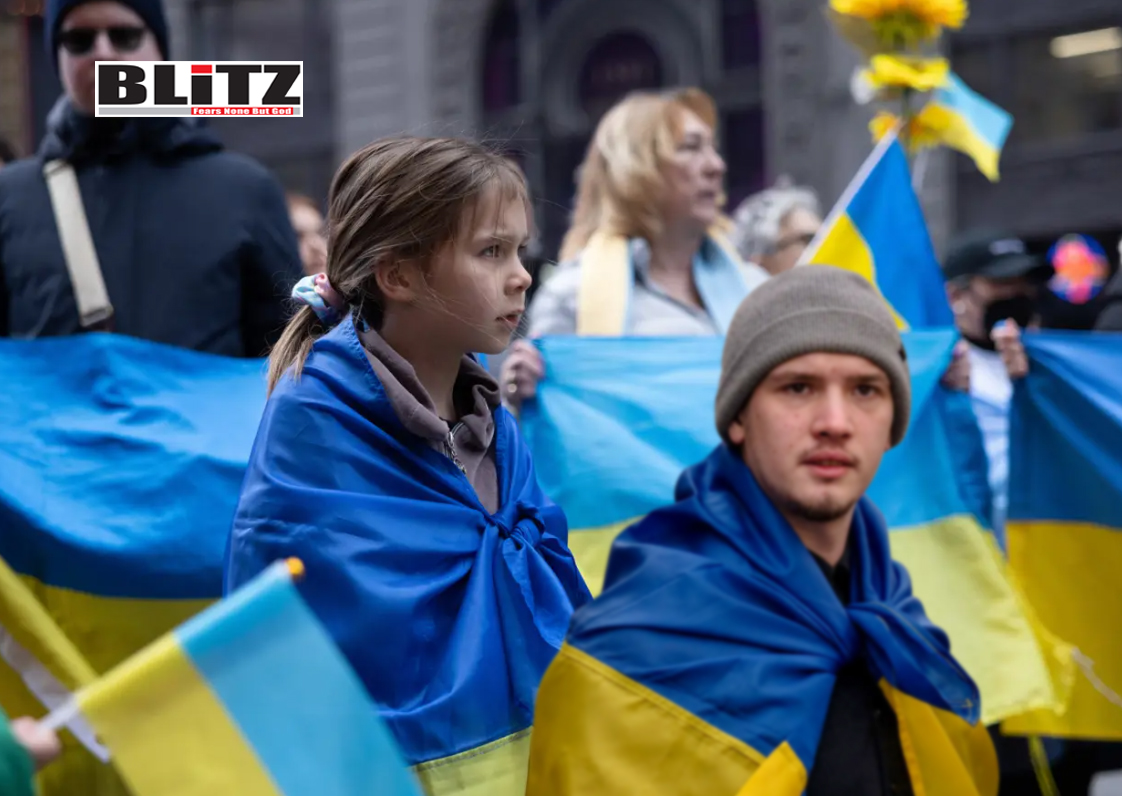
Leave a Reply